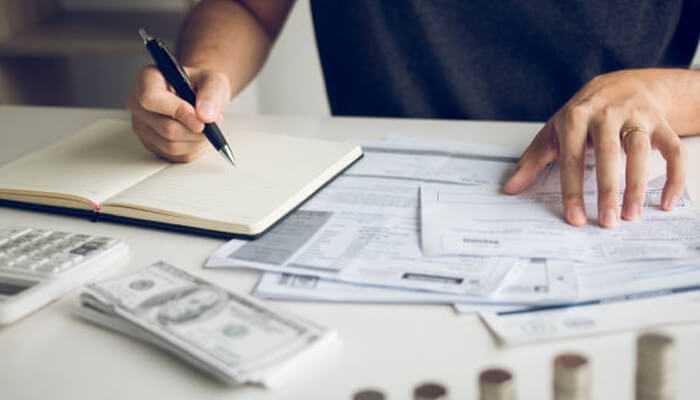One of the most daunting aspects of becoming a freelancer is having to file and pay your own taxes. As an employee, it is something that is done for you. As a self-employed individual, you are responsible for making sure your taxes are paid on time and correctly – if you don’t, you’ll face hefty penalties. Managing your own taxes is fairly straightforward once you’ve done it for a while, but in the early days it could all seem quite complex. This can result in some freelancers making costly mistakes. Below are some of the blunders that you need to avoid as a freelancer.
Missing tax deadlines
One of the biggest mistakes you can make when you’re self-employed is missing the tax deadline. Not only will you owe the tax, but you’ll owe a 5% fee on the tax due. This fee increases the longer the tax is left unpaid.
Your self-assessment tax form has to be filed online and paid by January 31st. Make sure that your taxes are prepared by this date and that you have enough money to pay them (setting aside money throughout the year is the best way to make sure that you can afford to pay your tax bill).
Failing to record income and expenses
Another big mistake to avoid is failing to make a clear record of your income and expenses through the year. If a tax investigation is carried out, you need to be able to clearly show these records to the investigator.
Get into the habit of recording your income and expenses throughout the year. Modern accounting software can do this for you and can automatically calculate your tax so that you know how much you owe before you have to pay it.

Misunderstanding your tax class
It’s important that you’re paying the right amount of tax based on what category you are classed under. Below are a few important points to consider to make sure you’re paying tax correctly:
1. Are you a sole trader or do you run a limited company? Limited companies are entitled to tax deductions that aren’t eligible to sole traders.
2. Are you an off payroll worker? If you get all your work through a single company, it’s important that you distinguish whether you’re an off payroll worker or in fact an employee. This guide to inside vs outside IR35 explains more.
3. Which tax bracket are you in based on your annual earnings? Earning a certain amount could push you into a new tax bracket. It is important that you are prepared for this – the hike up from 20% to 40% could mean paying double the tax you thought you were owed.
Talking to an accountant could help you to understand exactly how you are classed.
Not claiming eligible expenses
Certain business expenses are tax deductible. It’s important to consider these as they can ultimately lower how much tax you have to pay.
Keep a record of all work-related expenses and do your research to find out how much money you can deduct from your taxes based on each of these expenses.
Neglecting pension contributions
As a freelancer, you also have to budget for and pay your own pension contributions in order to be eligible for a state pension. Some freelancers do not pay this contribution and end up cheating themselves out of a pension.
Budget enough money aside for pension contributions so that you’ve got money to retire on. Remember that you can also set up other pension schemes and do not have to rely solely on a state pension.



